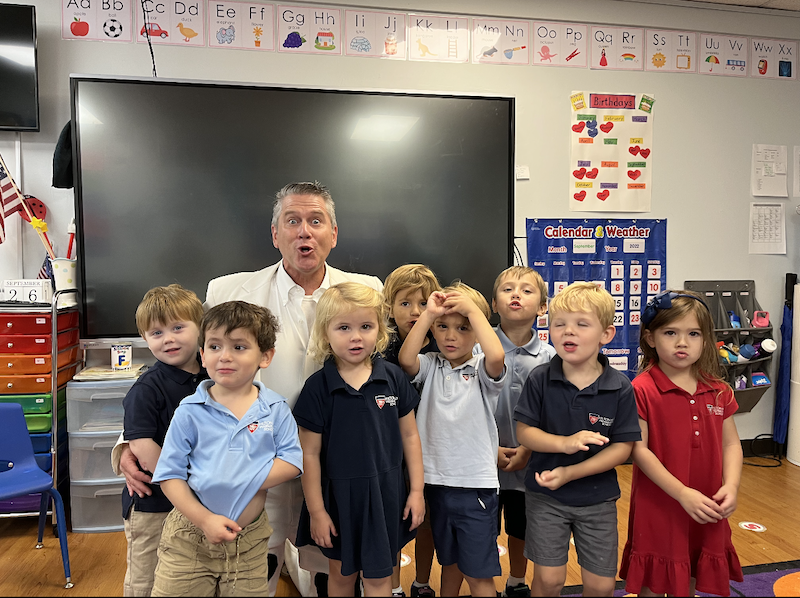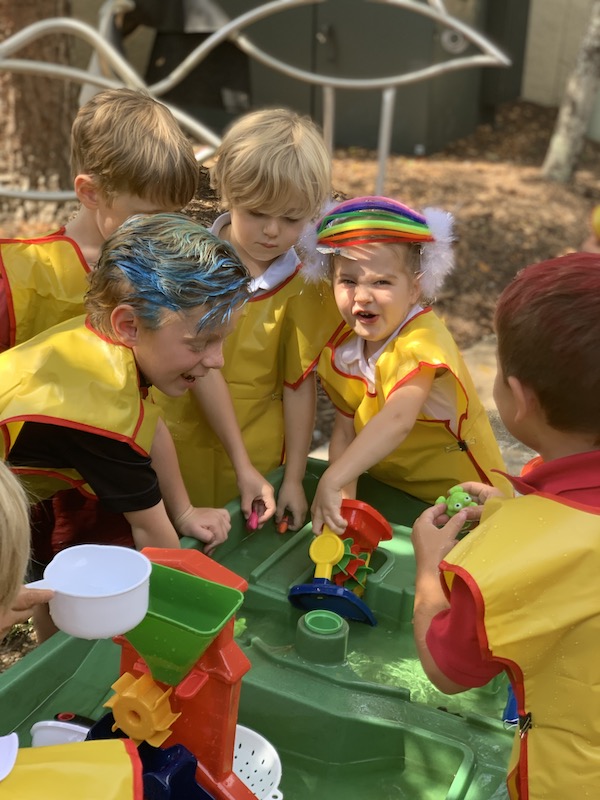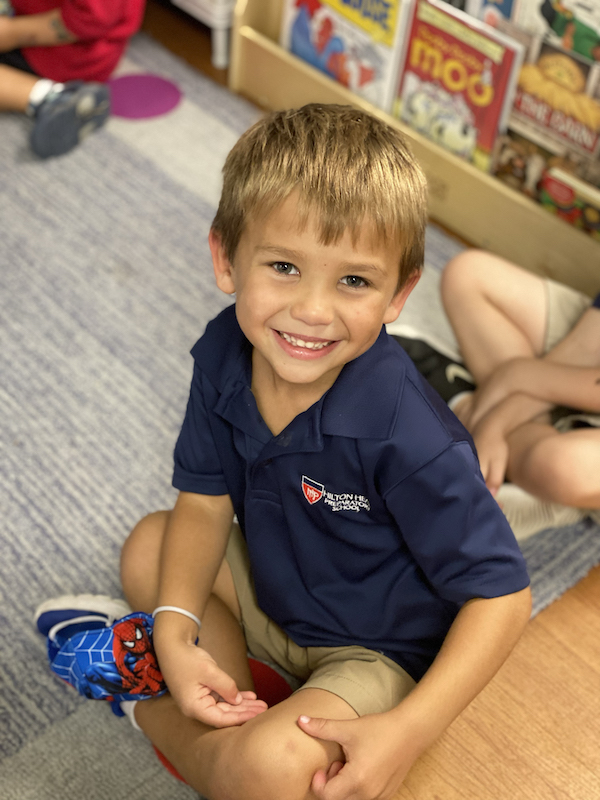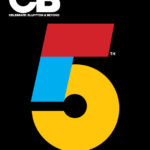“Row, row, row your boat,
Gently down the stream.
Merrily merrily, merrily, merrily,
Life is but a dream.”
—Eliphalet Oram Lyte
A dreamy early childhood song that has been caroled since the 1850s in classrooms across America is just as poignant now as it was then. The meaning is quite simple. The child is the oarsman who needs to put forth his or her best effort every day in life heading down the stream. Similar to the sport crew or rowing, dating back to its introduction to the United States in the 1850s, which revolves around eight athletes working in unison, utilizing every muscle in their bodies to propel their racing shell forward, whether it is one child rowing or eight university students, the focus is on performing at their absolute best.
To optimize a child’s learning, one must first look at when the child enters that “boat” for the first time. With 90 percent of their brain-development happening before age five, it is imperative that our youngest learners take advantage of this rapid brain growth, as it will set the trajectory of their race whether it be on land or sea. During these foundational years, the educational training they receive will determine such ultimate objectives as school readiness, reading achievement, and higher assessment scores which will eventually lead to the finish line, that being university placement. Research has clearly illustrated that having children attend high-quality early childhood education provides benefits throughout their entire life, but it all begins with the development of their brains.
Dr. Jack Shonkoff and his team of scientists from the Harvard University Center on the Developing Child found that a child’s brain during these early foundational years provides the ability for over one million neural connections to be formed per second. While the brain will remain flexible or “plastic” throughout one’s lifetime which enables neurons to continue creating hardier connections with other neurons, its speed of functioning will ultimately decline, primarily related to learning and other intricate cerebral activities.
Our life experiences and our environment govern when these neural connections are created. As these connections are reinforced and repeated, they become stronger, more rapid, and more stable. By affording children the chance to begin schooling earlier, these neural connections can be formed and reinforced.

Cleteus Smith with Hilton Head Prep students.
Hilton Head Preparatory School realizes this importance and wants to allow their youngest scholars the opportunity to succeed to their highest level no matter their age. Beginning with the 2023/2024 academic school year, Hilton Head Prep has modified its beginning enrollment age for junior kindergarten and will be opening its doors to all children beginning at age three. The goal is to capture every moment they can with the youngest learners to maximize their learning.
By allowing junior kindergartners to begin school at Prep starting at age three, they will be able to provide the cognitive, social, and emotional building blocks of educational achievement earlier as well as create an even stronger foundation for their educational path.
In 2010 the Federal Interagency Forum on Child and Family Statistics reported children who had at least some preschool experience before kindergarten performed better in reading and math assessments than those who did not. Prep’s early scholars will also benefit from learning critical social skills earlier. Formative age children learn and reason through play. It is through this application that they increase their language skills, learn how to take turns, and share, as well as how to better self-regulate. What parents would not appreciate fewer tantrums at this age? They will also be introduced earlier to such interpersonal skills as empathy and cooperation to help them become better global citizens.
The great news is that the benefits do not end there. Research has shown when children are placed in a high-quality junior kindergarten learning environment, they will not only perform better academically but will also have a possible advantage throughout their lifetime. Early childhood education has been linked to higher education (four times more likely to complete a bachelor’s degree) and higher income (25 percent higher wages) as stated by Start Early, a national nonprofit organization focused on early learning. The National Education Association also found that students who had preschool experience were not as likely to be retained in school or be incarcerated later in life. Lower levels of health disorders such as heart disease, obesity, and diabetes have had a positive correlation due to starting school earlier as a child. Simply put, what happens early in education has lasting benefits for a lifetime.

Formative age children learn and reason through play. It is through this application that they increase their language skills, learn how to take turns, and share, as well as how to better self-regulate.
Hilton Head Prep realizes the importance of early childhood education and is allowing children’s oars to be placed in the water starting at age three. By allowing students to begin earlier, they will be creating a unified team of students who will not only be better equipped academically but will also be able to slow down and row “gently” with the current at their grace and speed. Oh, life is but a dream at Hilton Head Prep junior kindergarten!



